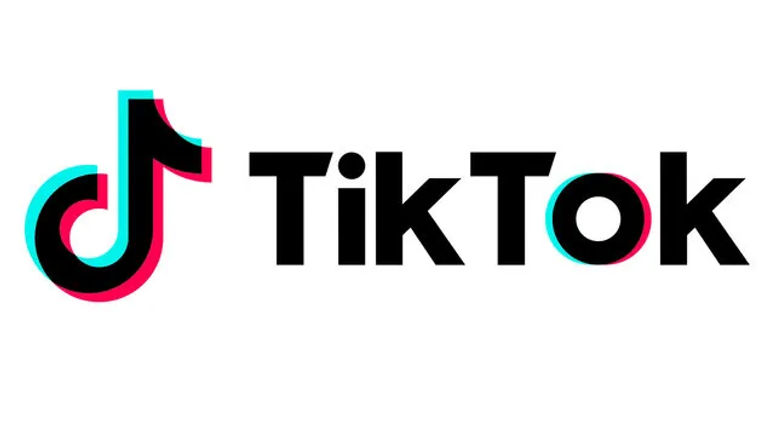
TikTok's Response: Challenging the US Sell-Off Bill with Legal Action

TikTok disputes the bill's foundation on speculative fears, emphasizing lack of substantial basis.
"Sociable" is a new update on key social media changes and trends by industry professional Andrew Hutchinson from Social Media Today.
TikTok is taking legal action against the U.S. government, arguing that the new bill requiring it to be sold to a U.S.-based owner is unconstitutional, baseless, and intended to ban the app in the country.
TikTok has filed a comprehensive document outlining their opposition to the "Protecting Americans From Foreign Adversary Controlled Applications Act." They argue that this legislation unfairly singles out TikTok and its parent company ByteDance without any concrete evidence that the app poses a real danger.
According to the filing:
Congress has made the unprecedented decision to specifically target and prohibit TikTok, an online platform where 170 million Americans engage in protected speech and expression through creating, sharing, and viewing videos. This marks the first time in history that Congress has passed a law singling out a particular speech platform for a permanent nationwide ban, preventing all Americans from being a part of a global community with over 1 billion users.
TikTok has been emphasizing a "total ban" narrative in recent months, causing frustration among some U.S. politicians who argue that this characterization is intentionally misleading. They assert that the legislation is not a complete ban on the platform.
TikTok argues that the bill is essentially a ban because it will not be able to divest itself to the extent required to comply with the bill's conditions. According to TikTok, the Act demands a "qualified divestiture" that is not feasible commercially, technologically, or legally. Additionally, meeting the 270-day timeline specified in the Act is not achievable. TikTok has informed the U.S. government multiple times that divestment is not possible, and the sponsors of the Act were already aware of this. Ultimately, TikTok predicts that the Act will lead to the platform's shutdown by January 19, 2025, depriving 170 million Americans of a unique communication channel.
TikTok disputes the bill's premise, stating that it is purely speculation and lacks a legitimate cause for concern. Many observers have pointed out that senators have been briefed by cybersecurity experts behind closed doors, keeping the details of the TikTok threat private.
The main concern, apart from data privacy issues, is the potential for TikTok to be used as a platform to promote pro-China narratives influenced by the Chinese government. With various China-backed campaigns on other social media platforms, it is plausible that a Chinese-owned app, under the control of the Chinese Communist Party (CCP), would serve a similar purpose.
Recent reports have shown that Chinese groups have been trying to influence the political process in countries like Australia, New Zealand, Taiwan, and the United Kingdom. EU officials have also expressed worries about Chinese influence activities leading up to their elections.
Many social platforms have identified these efforts, which could potentially involve TikTok. While there may not be concrete evidence pointing to a specific threat from TikTok, the suspicions alone are cause for concern.
TikTok argues that the bill is unconstitutional. The sponsors of the Act themselves acknowledge this, as they have attempted to portray it as a regulation of TikTok's ownership rather than an outright ban.
TikTok’s final argument is a critique of what it perceives as the U.S. government going too far, suggesting that this could set a dangerous precedent for the future:
The concern is that if Congress has the power to do this, it could potentially bypass the First Amendment by citing national security as a reason to force the owner of any newspaper or website to sell their platform in order to avoid being shut down. This would have serious implications for TikTok, as any forced sale would disrupt the connection between Americans and the global community on a platform that is all about sharing content. This outcome would directly conflict with the core principles of the Constitution, which are centered around protecting both freedom of speech and individual liberties.
The bill is based on national security concerns, with the required stipulation of “foreign adversary” control of said platform. This is a pretty finite scope, but TikTok is trying to use this angle to enhance opposition to the proposal by provoking fears of government control, seemingly to help ramp up public disapproval.
However, this argument holds no legal standing and won’t be factored into the judgment. TikTok seems to believe that by highlighting the platform’s usage, impact, and the effect such a ruling will have on the people, it may benefit its case.
Now, the case is focused on the legal aspects rather than emotional or economic implications. The concern is whether TikTok, under national security considerations, could be used to influence individuals outside of China. The popularity of the app is not the main issue at hand.
This development appears to slightly weaken TikTok's counter-argument. The Federal Court will now need to make a decision, with TikTok having submitted its challenge.
Editor's P/S:
The ongoing legal battle between TikTok and the U.S. government highlights the complex interplay between national security concerns, free speech, and the global reach of social media. TikTok's claim that the legislation unfairly targets the platform and sets a dangerous precedent underscores the importance of protecting First Amendment rights and ensuring that government regulation does not stifle innovation and creativity.
The underlying concerns about potential Chinese influence on TikTok are valid and warrant scrutiny. However, it is crucial to strike a balance between legitimate national security interests and preventing the erosion of digital freedoms. The court's decision will have far-reaching implications for the future of social media regulation and the ability of both domestic and international companies to operate in the U.S. market. Moreover, it will also set a precedent for how governments approach the regulation of foreign-owned platforms, particularly in the context of national security concerns.













